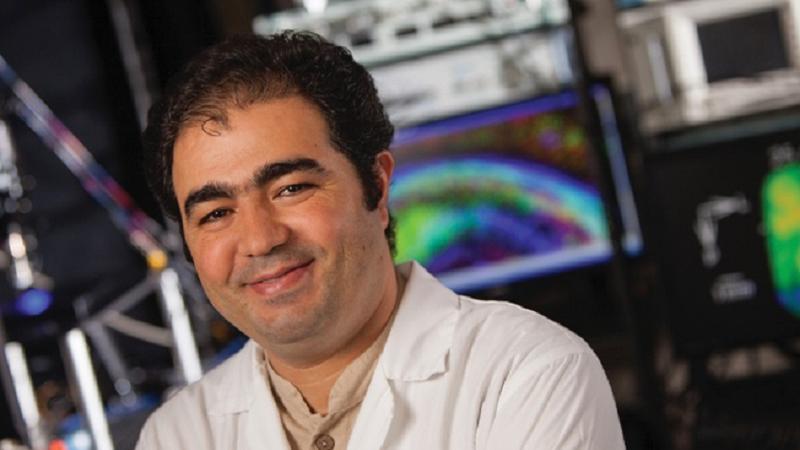
U of L professor working on new treatments for Alzheimer’s disease
LETHBRIDGE, AB – A University of Lethbridge staff member is working on finding new treatment for Alzheimer’s disease.
Dr. Majid Mohajerani is working with two partners from Laval University are creating new tools for neuroscience research that they will then use to test out a drug target for the illness.
Mohajerani is a professor at the U of L’s Canadian centre for Behavioural Neuroscience (CCBN).
If successful, the team’s research could lead to new treatments to prevent the onset of Alzheimer’s symptoms, delay progressions of the disease or even restore normal function following the appearance of symptoms.


